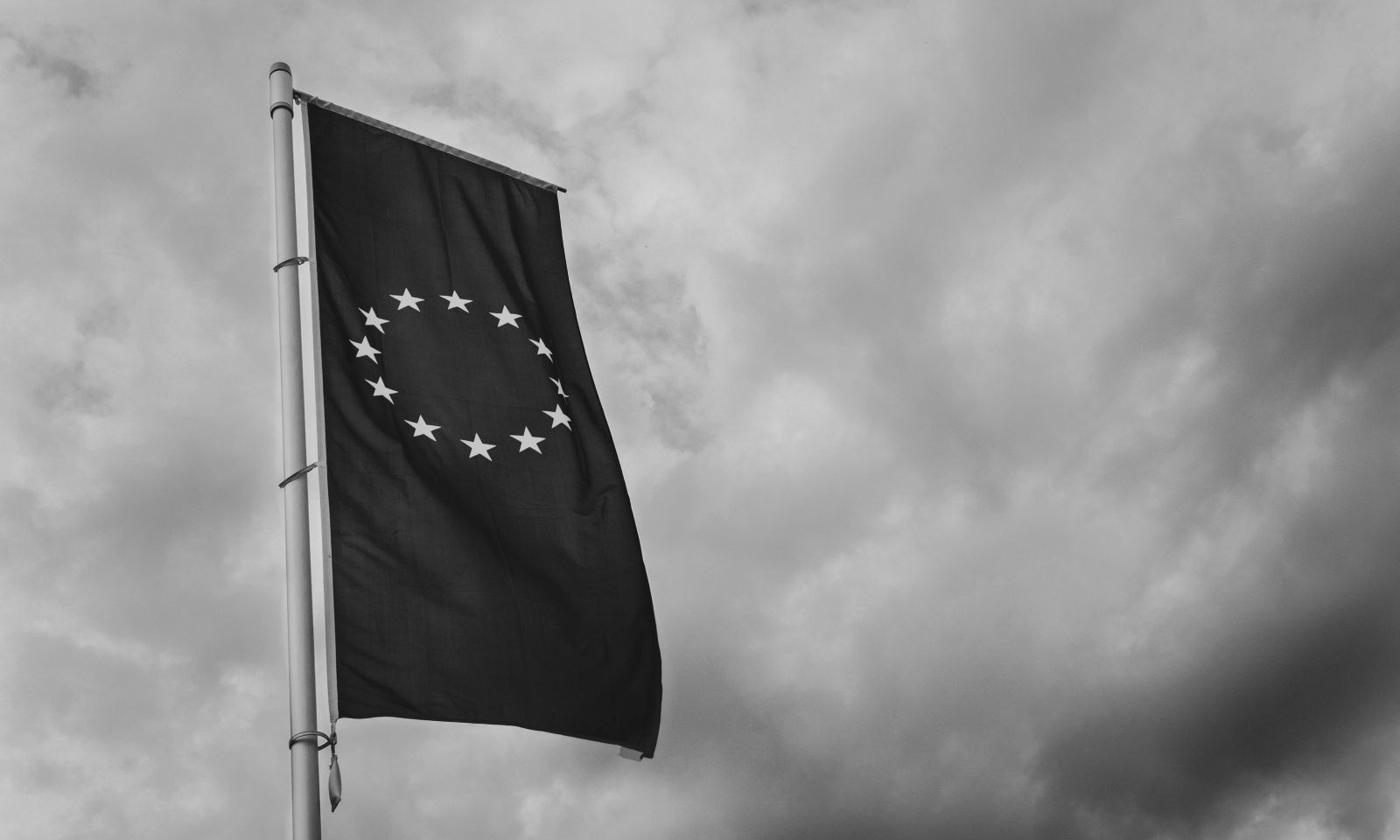Encouraging the digitization of EU culture
On 28 October 2011, the European Commission adopted a recommendation asking EU Member States to step up their efforts, pool their resources and involve the private sector in digitizing cultural material.
In the recommendation, the Commission strives for an efficient development of Europeana and challenges Member States to develop solid plans and build partnerships to place 30 million objects in Europeana by 2015 compared to the 19 million available today; to get more in-copyright and out-of-commerce material online; and to adapt national legislation and strategies to ensure the long-term preservation of digital materials. The recommendation also sets the key principles for the operation of public-private partnerships, which would ensure a fair and transparent digitalization of the works.
The Recommendation builds on the conclusions of the Comité des Sages (high level reflection group) on bringing Europe’s cultural heritage online, established in 2010.
The 4th Open Knowledge Day took place on Tuesday 17 October 2023, with an accompanying workshop on 18 October 2023. This year it was organised by the Open Data and Intellectual Property Institute (ODIPI) and supported by Knowledge Rights 21 (KR21).
We invite you to the fourth Open Knowledge Day and the workshop, which will take place this year within the framework of the programme and with the support of Knowledge Rights 21. The event will bring together experts from different European countries to discuss two topics: the first part will deal with the legal basis for data analytics, which is a key part of machine learning and related artificial intelligence, and the general exception for research. In the second part, open science in theory and practice will be presented both in Slovenia and in some Western Balkan countries. Representatives of research and educational institutions from Slovenia and the Western Balkan countries, as well as interested members of the public, are invited to attend.
Dr. Maja Bogataj Jančič, a renowned expert in copyright law, has joined the Berkman Klein Center for Internet & Society at Harvard University, where she will serve as an affiliate researcher for the next two years.
On Friday, October 6, 2023, the online seminar “Practical Experiences in Resolving Copyrights of Modern Book Works” took place. The seminar addressed relevant questions concerning user access to literary works in digital form.





